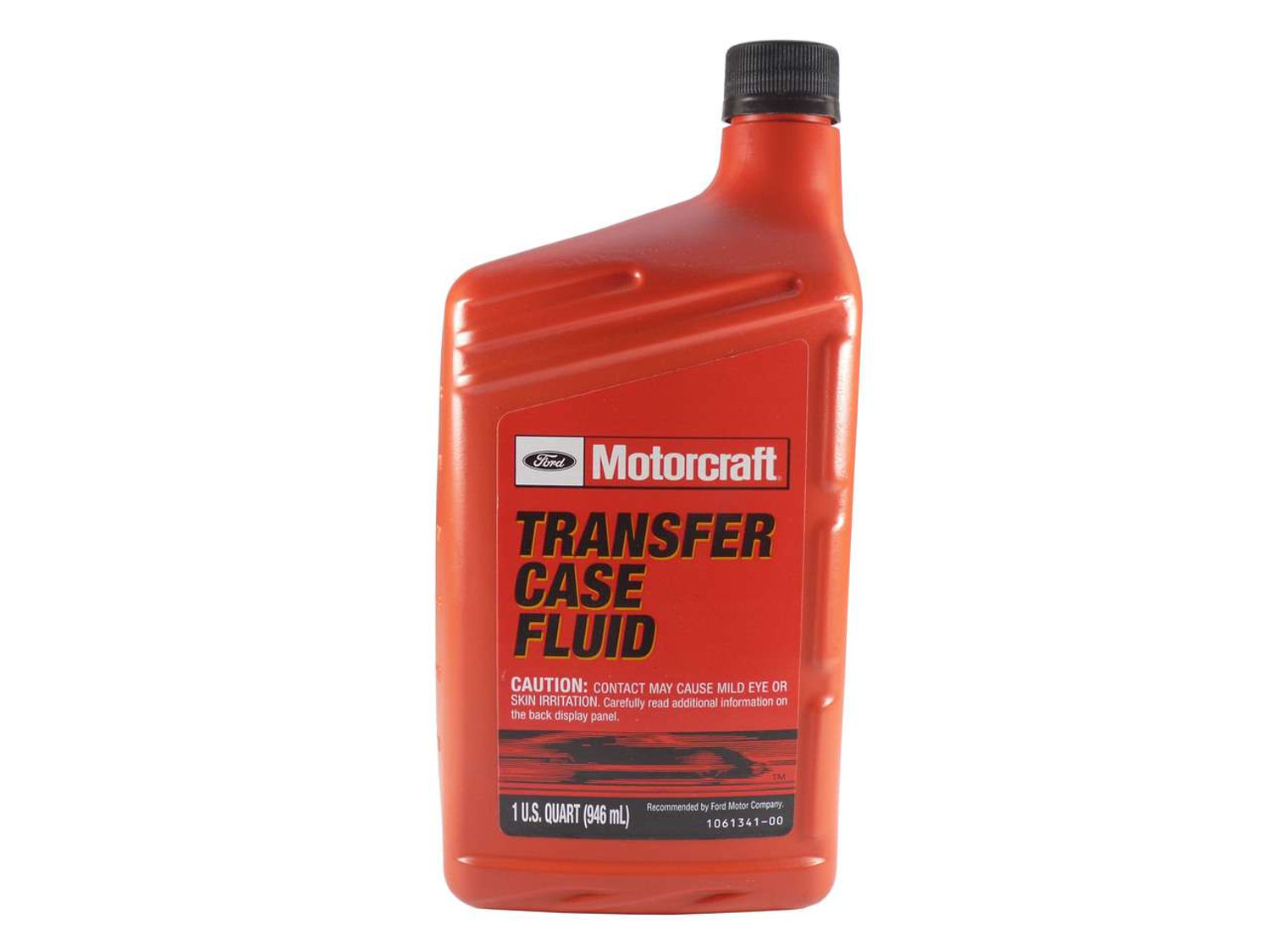Best Fluid For Transfer Case

So, you're diving into the often-overlooked, yet crucial, world of transfer case fluids. Good on you! While engine oil and transmission fluid tend to steal the spotlight, the health of your transfer case is paramount for proper four-wheel-drive (4WD) or all-wheel-drive (AWD) performance. Neglecting it can lead to noisy operation, shuddering, and eventually, a very expensive repair bill. But with so many fluids claiming to be the 'best,' how do you choose the right one for your ride? Let's break it down.
Understanding Your Transfer Case and Its Needs
First, it's crucial to understand that not all transfer cases are created equal. They differ significantly based on vehicle make, model, year, and even engine configuration. A Jeep Wrangler's heavy-duty, part-time 4WD transfer case, designed for serious off-roading, has drastically different needs compared to the electronically-controlled, full-time AWD system in a Subaru Outback. Before even thinking about fluid, consult your owner's manual. It's the definitive source for the manufacturer's recommended fluid type and service intervals. Ignoring this advice is a recipe for disaster.
Generally, transfer cases can be categorized by their design:
- Gear-Driven: These are the workhorses, found in many trucks and SUVs designed for off-road use. They often use heavier-weight fluids, like gear oil.
- Chain-Driven: More common in AWD vehicles, these are typically lighter-duty and might use automatic transmission fluid (ATF) or specific transfer case fluids.
- Electronically-Controlled: Found in both 4WD and AWD systems, these use sensors and actuators to engage and disengage. Fluid requirements can vary widely.
Fluid Types: Decoding the Labels
Navigating the fluid aisle can be overwhelming. Here's a quick guide to some common types:
- ATF (Automatic Transmission Fluid): Some transfer cases, particularly those in AWD vehicles, specify ATF. However, never assume all ATFs are interchangeable. Consult your manual for the correct spec (e.g., Dexron III, Mercon V, ATF+4). Using the wrong ATF can damage seals and clutches within the transfer case.
- Gear Oil: Typically heavier weight (e.g., 75W-90, 80W-90), gear oil is used in many gear-driven transfer cases. It provides excellent lubrication and protection under high loads.
- Specific Transfer Case Fluids: Many manufacturers now offer fluids specifically formulated for their transfer cases. These often contain additives tailored to the specific needs of the unit.
The Contenders: Comparing Fluid Options
Let's look at some specific examples to illustrate the differences. We'll consider fluids suitable for a Jeep Wrangler (gear-driven, part-time 4WD) and a Subaru Outback (chain-driven, full-time AWD).
Jeep Wrangler (Example: NV241 Transfer Case)
This transfer case typically calls for a heavy-duty gear oil, such as 75W-90. Here's a comparison of a few popular options:
| Fluid | Pros | Cons | Real-World Driving Impressions |
|---|---|---|---|
| Mobil 1 Synthetic Gear Lube 75W-90 |
|
|
Smoother shifting, especially in cold weather. Noticeably quieter operation in 4WD. Provides a sense of confidence during demanding off-road situations. |
| Royal Purple Max Gear 75W-90 |
|
|
Very quiet operation. Noticeable improvement in shifting feel, especially when engaging 4LO. Recommended for Jeeps that see a lot of rock crawling. |
| Valvoline High Performance Gear Oil 80W-90 |
|
|
A reliable and cost-effective option for daily driving and moderate off-roading. May experience slightly more noise and vibration compared to synthetics. |
Subaru Outback (Example: Center Differential)
The Subaru Outback's center differential, which acts as a transfer case, typically uses ATF. Again, specifying the correct ATF is critical. Subaru often specifies its own branded ATF. Let's compare a few options.
| Fluid | Pros | Cons | Real-World Driving Impressions |
|---|---|---|---|
| Subaru HP ATF |
|
|
Maintains smooth and predictable AWD performance. No noticeable changes in driving feel compared to the factory fill. Provides peace of mind knowing it's the exact fluid Subaru intended. |
| Valvoline MaxLife Multi-Vehicle ATF |
|
|
Performs adequately in most conditions. Some drivers may notice a slight difference in shift quality, particularly in cold weather. A good alternative for budget-conscious owners. Always confirm compatibility with your specific Subaru model. |
| Amsoil Synthetic Fuel-Efficient Automatic Transmission Fluid |
|
|
Noticeably smoother shifting, especially at lower speeds. Improved performance in cold weather. A worthwhile upgrade for enthusiasts seeking the best possible performance. |
Real-World Driving Impressions: Beyond the Specs
The spec sheets only tell part of the story. How a fluid *feels* in your vehicle is crucial. For the Jeep, upgrading to a synthetic gear oil often translates to smoother shifting, reduced noise, and increased confidence when tackling challenging terrain. For the Subaru, the right ATF can improve shift quality, ensuring the AWD system engages seamlessly and predictably.
Important Considerations:
- Climate: In colder climates, synthetic fluids are generally preferred due to their better flow characteristics at low temperatures.
- Driving Style: If you frequently tow heavy loads or engage in aggressive off-roading, a premium fluid with superior protection is a worthwhile investment.
- Service Intervals: Following the manufacturer's recommended service intervals is crucial for maintaining the health of your transfer case.
The Bottom Line
Choosing the best transfer case fluid is not a one-size-fits-all proposition. It requires careful consideration of your vehicle's specific needs, driving conditions, and budget. Always consult your owner's manual, and don't be afraid to seek advice from a trusted mechanic. Remember, proper maintenance is the key to a long and trouble-free life for your transfer case.
And now, for the fun part: Let's hear it! Conventional vs. Synthetic: Which side are you on, and why? Sound off in the comments below!
